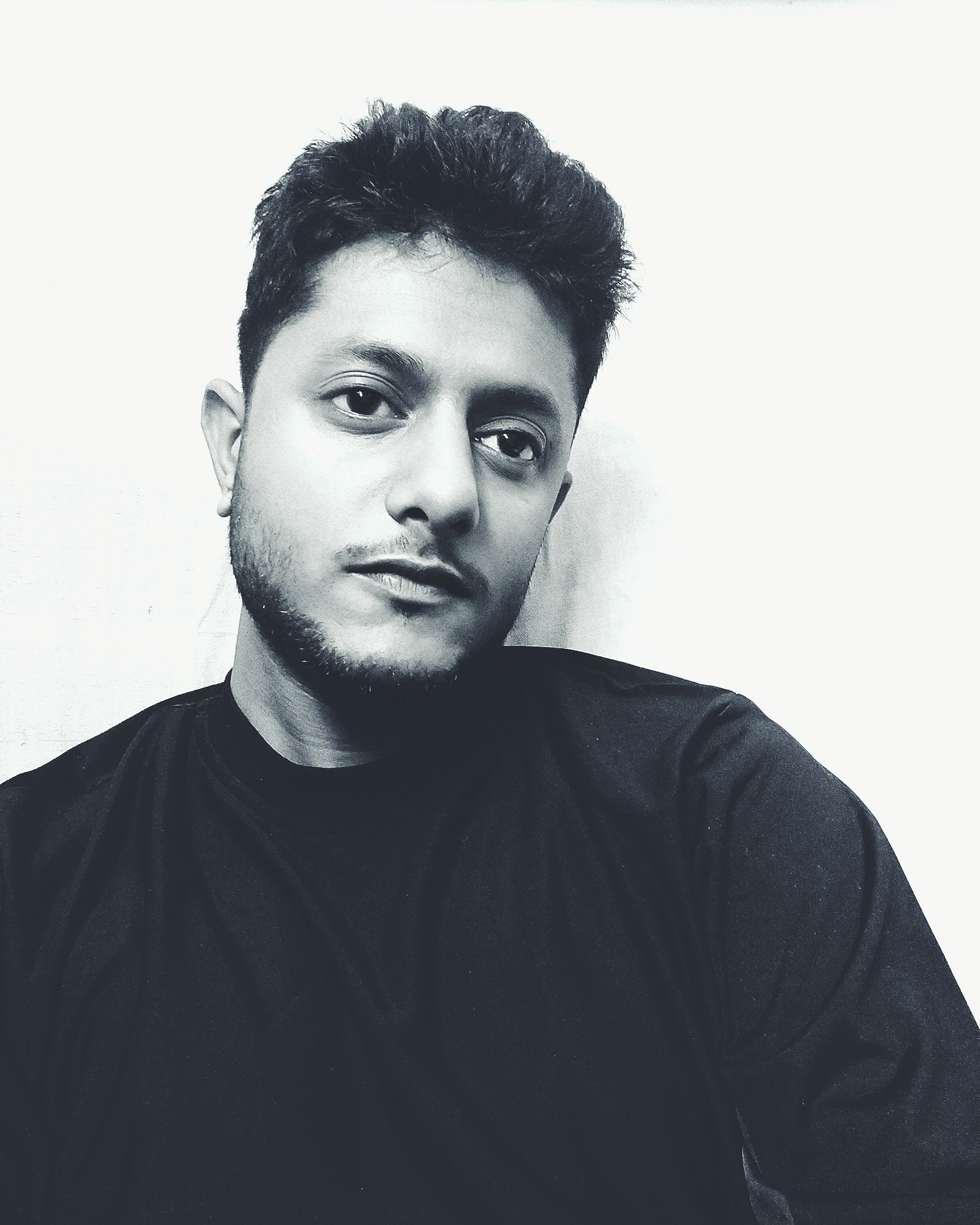Lost in Translation
Vikrant Kano’s practice has consistently been preoccupied with collecting oral histories on his family’s passage to India during the partition, the life they left behind, and the life they built in Delhi. Over the last several years he has been conversing with his father to draw upon the varied notions surrounding ‘home’ and ‘belonging’. This has also included practice-based research with other precarious communities and on housing policies that have defined and supplemented socialized, psychological and personal attachments that bind themselves to experiences of ‘home’.
During the Covid-19 pandemic and related lockdown, the artist has only had access to his own family and neighbors to inform his practice. Making the most of his confinement to the domestic space that he shares with his immediate family, he has been attempting to trace the third generation legacy of migration from material, inherited memories. In ‘Perch’ we see Kano in conversation with his parents, as they recall their individual memories borne by objects that his grandparents were able carry with them across a newly defined border. What was precious to his grandparents for their material value and everyday use are now of totemic significance, made even more valuable as the only link to the traumatic journey undertaken by a previous generation and a home left behind, intimately entrenching his family’s history within one of the most important chapters in the political history of the region.
Another conversation with his neighbor revealed to Kano his grandmother’s practice of mark-making by means of a mnemonic that she arrived at borrowing from the formal elements of English, Hindi, Punjabi, Urdu and Mathematics, to keep track of her laundry list. Even as she was unconsciously developing a ‘new language’ based on the various cultural and linguistic influences in her past without any in-depth understanding of any of them, the process carries with it her defiance of singular identities and impositions of language based on the nation construct. In his grandmother’s notes, which he is unable to decipher, the artist discovers echoes of his own practice of documenting familial histories in his artworks. In the series of works, ‘Lost in Translation’, the artist mirrors her linguistic experiments as an act of acknowledging this serendipitous intergenerational purpose, establishing and blurring the framework of his practice as one that was inherited and at the same time his own.

Vikrant Kano is an artist from New Delhi. He completed his BFA (2016) and MFA (2018) from College of Art, New Delhi.
Recently in 2020, his practice-based research project titled ‘Family memories’ was the focus of an interview by Manuela de Leonardis, published in the Italian newspaper, Alias II Manifesto, Italy. Vikrant was part of the Next Step Residency Program 2019 at One Shanthi Road and in the same year he participated in the Art camp, organized by Sahitya Kala Parishad, New Delhi.
Selected exhibitions include: The Gillehri Arts Initiative (GAI), an online exhibition platform conceptualized by Oorja Garg/2019; Call to Disorder: Experiments in Practice and Research, curated by Vidya Shivadas at the Serendipity Arts Festival, Goa/2019; “Castelnuovo Fotografia”, seventh edition held in castle of Rocca Colonna in Porto, Rome/2019; BRIEF PARABLES OF DYSTOPIA Momus: Museum of Contemporary Art, Macedonian Museum of Contemporary Art and State Museum of Contemporary Art Collections held in Thessaloniki, Greece/2019; Shortlisted for “proyector”(video art platform ) by Indus Art Collective show at Madrid, Spain/2019; National exhibition 2018-2019 organized by Lalit kala akademi (national academy of art) New Delhi/2018; Group exhibition “pidgin”, NIV art center, Delhi/2018; Group exhibition in “CAFE” (center for art & free expression) gaffar manzil, Delhi/ 2018; Group Exhibition at Lokayata Art Gallery/2016; “Entropy”, Latitude 28 Art Gallery initiated by Student’s Biennale, Kochi- Muziris Biennale/2016; Participation in Student’s Biennale, a collateral event at Kochi-Muziris Biennale/2016-17.